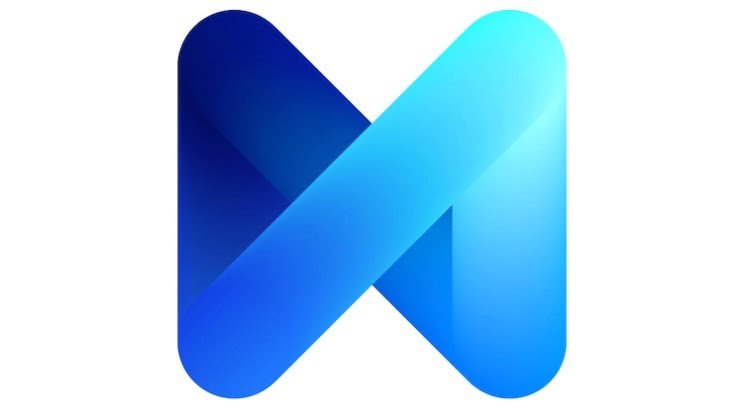After two years of testing, Facebook has announced that their all-encompassing virtual assistant service M will no longer be serving users as of January 19th.

Most people won’t actually be impacted – as noted by The Verge, the human-enhanced version of M, which was available through a bot on Facebook Messenger, only ever became available to about 2,000 people living in California.
The original vision was for M to do everything – from negotiating better rates on your utility bills to booking tickets, to making purchases on your behalf, all with minimal input.
But even beyond that, M was able to do things like draw pictures on request, an element which would clearly be very difficult to scale.

M was able to do this because it was powered by a team of contractors who oversaw every request – you weren’t just talking to an AI system, the requests were initially handled by Facebook’s machine learning model, then handed onto humans when it got stuck. The idea behind this was that M would get smarter over time through training. With every request fulfilled, M would learn user preferences and improve its modeling. Through this, M would eventually be able to cater to such requests without human assistance – therefore the initial issues with scaling would become less problematic over time, as M improved and Facebook learned what could and couldn’t be done.
Facebook used some of this learning to power their scaled down ‘M Suggestions’ tool, which has since been rolled out to users in several regions.

M Suggestions will remain, but the decision to switch off the main M tool seems like something of a concession that we’re not at that next level of AI service as yet, that Facebook has found that its systems are not advanced enough to offer such all-encompassing tools.
The other element to consider, of course, is that users haven’t warmed to bot usage as much as Facebook had hoped. As of December, there were 200,000 active bots on Messenger, yet when pressed, most users would struggle to name five, and few are seeing significant use. That’s not to say Bots have been a failure, or that they won’t grow in relevance, but it would appear that Facebook’s initial bot push hasn’t seen the take-up they envisioned, and that lack of interest may also have contributed to the demise of M.
Indeed, when Casey Newton from The Verge noted that he found limited use for M to Facebook CEO Mark Zuckerberg, Zuckerberg agreed, noting that his experience was similar to other users.
So does that mean Facebook’s going to give up on AI and creating assistant tools in Messenger? Not likely, though the scaling back is probably reflective of Facebook’s wider rationalizing of their bot efforts, and honing in on the elements where users have shown interest. That could see Facebook releasing more specific, focused bot tools, and putting more emphasis on utility-type options within M Suggestions which haven’t already been added.
Really, the demise of M as a larger project is in line with what most would have expected – that level of personalization would be very difficult to scale, and without significant consumer interest, there’d be little point in doing so. Given what you’d expect would have been lower repeat usage amongst those who could use it, it’s logical for Facebook to take what they’ve learned and move on, though it’ll be interesting to see what they do next on this front, and how they go about their next big push to make Messenger the ultimate all-in-one companion app.
